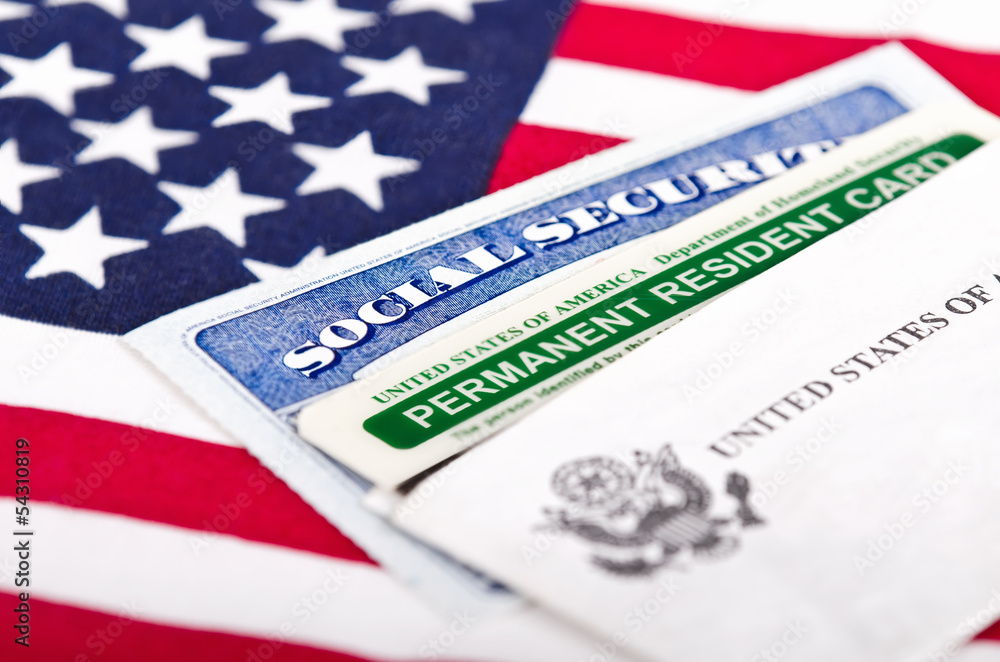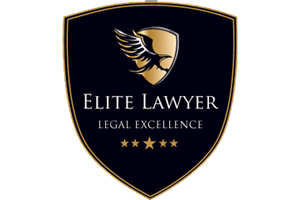- Free Consultation: (213) 251-5533 Tap Here to Call Us
How to Sponsor Yourself for Permanent Residence Without an Employer Sponsor under the EB-1A Extraordinary Ability Category

The EB-1A employment-based category is reserved for aliens of extraordinary ability in the sciences, arts, education, business, or athletics. Under INA §203(b)(1)(A), qualified applicants may skip obtaining a labor certification or evidence of an offer of employment. In other words, just like the EB-2 National Interest Waiver, an employer sponsor is not required.
In many respects, the EB-1A category is similar to the O-1A nonimmigrant working visa category. It is important to note that the EB-1A leads to permanent residency and the O-1A is a temporary visa that does not lead to citizenship. Further, the EB-1A category has a higher eligibility standard than the O-1A. However, it is helpful to show that if the USCIS has already determined a person to be eligible for O-1A visa, then they have met several of the criteria for the EB-1A category.
As with most EB-1A applicants, if they are unable to show evidence of a one-time achievement of a major, internationally recognized award (such as an Oscar, an Olympic Medal, a Pulitzer, etc.), then they must meet at least three of the below listed criteria:
(1) Evidence of receipt of lesser nationally or internationally recognized prizes or awards for excellence in the field of endeavor:
Applicants must show evidence for the basis for the awards or prizes and whether they can be directly attributed to the applicant. The USCIS will consider whether the basis for granting the prizes or awards was national or international as well as the number of awardees or prize recipients, along with any limitations on competitors. Awards with national or international recognition should have some media coverage confirming the winners and recipients.
(2) Evidence of the alien’s membership in associations in the field for which classification is sought, which require outstanding achievement of their members as judged by recognized national or international experts in their disciplines or fields:
Membership in the associations must be exclusive, and limited to those who have been judged by recognized national or international experts as having attained outstanding achievements in the field for which classification is sought. The USCIS also notes that associations may have multiple levels of membership and that the level of membership afforded to the applicant must show that in order to obtain that level of membership, the applicant was judged by recognized national or international experts as having attained outstanding achievements in the field for which classification is sought. However, The USCIS will look negatively at an association if it provides membership to those who have attained a level of education or years of experience in a particular field, paid a fee or subscribed to an association’s publications, joined as a requirement for employment such as a union or guild affiliation for actors.
(3) Evidence of published material about the alien in professional or major trade publications or other major media, relating to the alien’s work in the field for which classification is sought. Such evidence shall include the title, date, and author of the material, and any necessary translation:
The published material must be related to the applicant and their specific work in the same field for which classification is sought. The work should not just be about the employer or another organization with whom the applicant is associated. Marketing materials created for the purpose of selling the applicant’s products or services are not persuasive. Additionally, the publication itself must qualify as a professional publication or major trade publication or a major media publication. Print media is not the only type of acceptable evidence. Television, radio, podcast, and other media can also work.
(4) Evidence of the alien’s participation as a judge of the work of others, either individually or on a panel, in the same or an allied field of specialization for which classification is sought:
Applicants must show that they were invited to judge but also that they actually participated in judging the work of others in the same or an allied field of specialization. Examples of appropriate evidence for this criteria include: peer reviewing a scholarly journal, as evidenced by a request from the journal to the applicant to complete the review, accompanied by proof that the review was actually completed; and serving as a member of a Ph.D. dissertation committee that makes the final judgment as to whether an individual candidate’s body of work satisfies the requirements for a doctoral degree. Judging can also include entrepreneurs judging in investment pitch competitions, athletes judging in tournaments, and performing artists judging auditions for a production.
(5) Evidence of original scientific, scholarly, artistic, athletic, or business-related contributions of major significance to the field:
The applicant must show that their work is an original contribution to the field. The USCIS will focus on the impact of the applicant’s work and whether they made any peer-reviewed presentations at academic symposia or peer-reviewed articles in scholarly journals that have provided widespread commentary or received notice from others working in the field, the number of citations listed in Google SCholar, demonstrable change in the field as a result of the applicant’s work. Letters from experts is a common way to document this criterion, but the letters should cite specific examples of how researchers have used the applicant’s research or other original contributions, or describe how their work is already be making a significant impact.
(6) Evidence of authorship of scholarly articles in professional or major trade publications or other major media:
The USCIS states that a scholarly article must report on original research, experimentation, or philosophical discourse. As to whether the publication qualifies as a professional publication or major trade publication or a major media publication, the USCIS will look to the circulation (online or in print) and the intended audience of the publication. The journal’s ranking can also help.
(7) Evidence that work has been displayed at artistic exhibitions or showcases:
This may be perhaps the easiest of the 10 criteria most applicants can meet. The USCIS will consider whether the applicant’s work that was displayed is the applicant’s work product, and whether the venues (virtual or otherwise) where the applicant’s work was displayed were artistic exhibitions or showcases. Here, the USCIS looks to Webster’s dictionary and defines “exhibition” as a public showing. “Showcase” is broadly defined as “a setting, occasion, or medium for exhibiting something or someone especially in an attractive or favorable aspect.”
(8) Evidence of performance of a leading or critical role in distinguished organizations or establishments:
Applicants must prove that they were a leader and whether their job title with appropriate matching duties are consistent with the concept of leadership. Further, evidence must be submitted that the applicant played a “critical” role in that they have contributed in a way that is of significant importance to the outcome of the organization or establishment’s activities or those of a division or department of the organization or establishment. Support letters from people who have worked with the applicant in the past are helpful here. The USCIS states that this is one criterion where letters from individuals with personal knowledge of the significance of the applicant’s leading or critical role can be particularly helpful in making this determination as long as the letters contain detailed and probative information that specifically addresses how the applicant’s role for the organization or establishment was leading or critical.
(9) Evidence of a high salary or other significantly high remuneration in relation to others in the field:
The law provides limited guidance as to how to meet this criterion except to state that the burden is on the applicant to provide appropriate evidence. Acceptable evidence include wage surveys, and other data comparing the applicant to comparable data specific to the country where the person is working rather than just converting the foreign pay to U.S. dollars and comparing to pay in the United States. Further, applicants must prove the pay was actually received
(10) Evidence of commercial successes in the performing arts, as shown by box office receipts or sales of music:
Applicants seeking to meet this criterion must provide evidence showing the volume of sales and box office receipts relative to others in similar pursuits in the performing arts and not just that an applicant has recorded and released musical compilations or performed in theatrical, motion picture, or television productions
Final Merits Determination:
EB-1A applicants who can meet 3 or more of the above criteria described above still must convince the USCIS that a “final merits determination” or the totality of the evidence demonstrates that the applicant is among the small percentage at the very top of the field of endeavor. Merely meeting 3 of the 10 criteria without more is insufficient. The submitted evidence together in its entirety must show that the applicant has sustained national or international acclaim and that his or her achievements have been recognized in the field of expertise, indicating that the person is one of that small percentage who has risen to the very top of the field of endeavor. This is where the EB-1A category becomes challenging to applicants because it is entirely subjective. An applicant can present sufficient evidence in ALL of the categories, but the USCIS may still deny the petition The law provides that satisfying three of the 10 criteria under 8 C.F.R. § 204.5(h)(3) “is merely an evidentiary threshold for an alien seeking to prove extraordinary ability.” This is where substantial media coverage can help the USCIS approve the petition.
If you are unsure about how whether you are eligible for the EB-1A category, it is advisable to consult with an experienced immigration attorney before taking any action. As one of the most established firms practicing exclusively in the area of immigration law, our firm has successfully helped our clients obtain temporary work permits, green cards, and citizenship for generations. Note that the information provided in this article and website is intended for general information purposes only and should not be construed as legal advice. For additional information or information regarding other immigration matters, please call Attorney Thomas M. Lee for a free consultation at 213-251-5533








